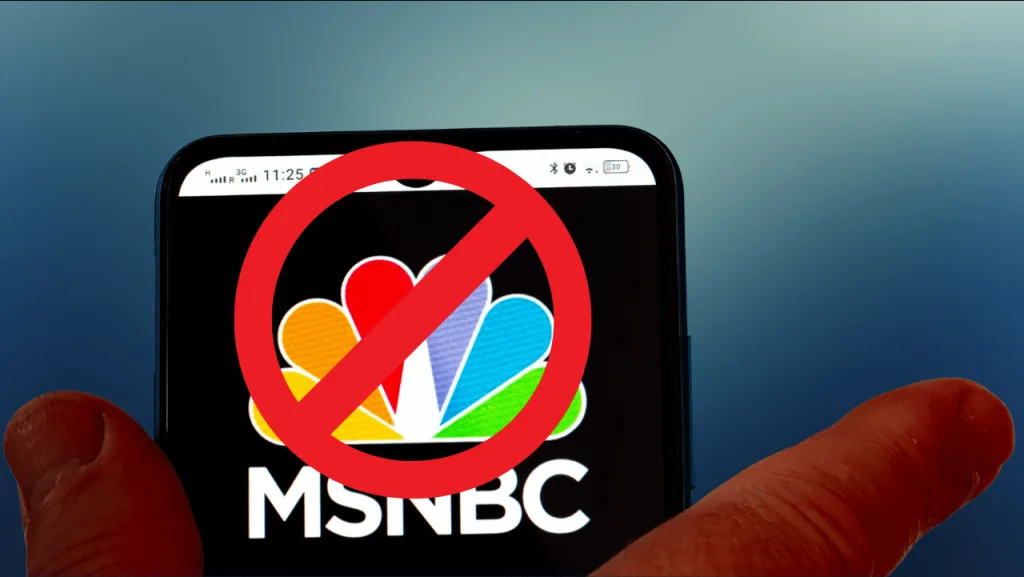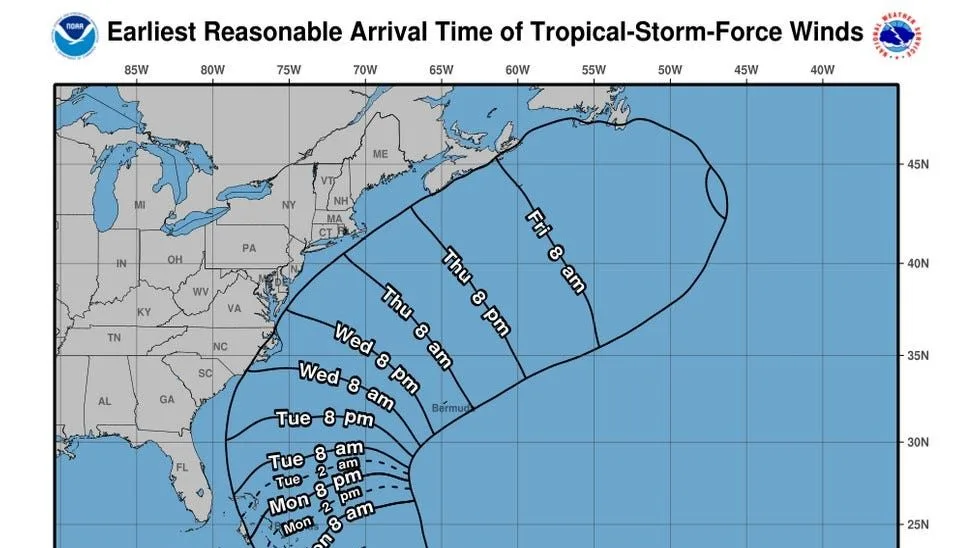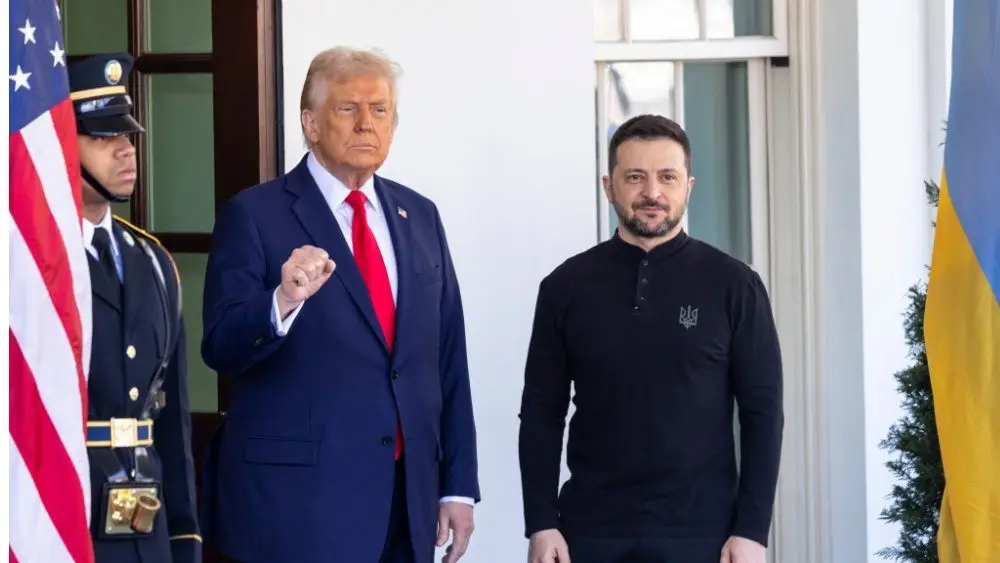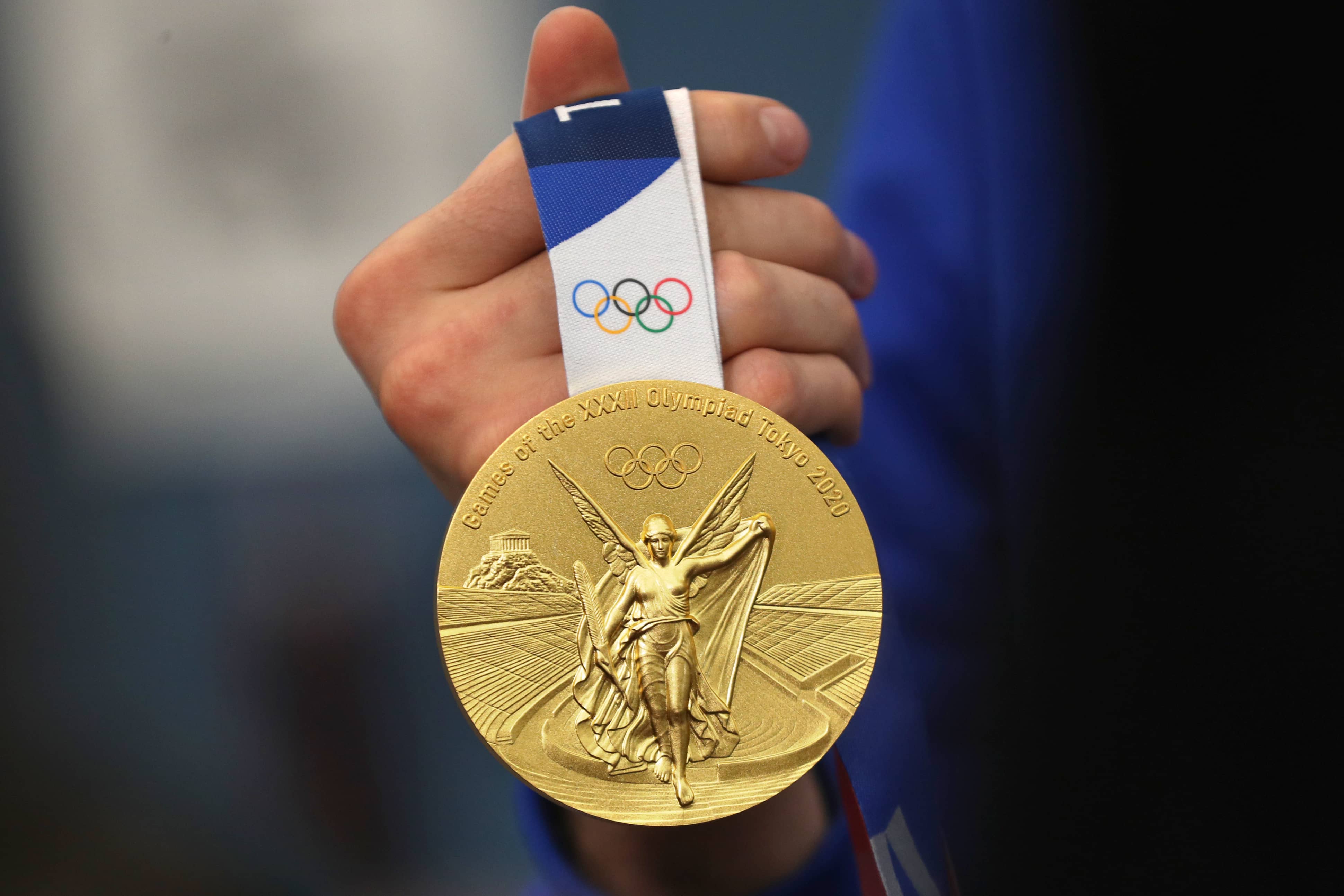
Russia: Welcoming Olympic taekwondo champions Khramtsov and Larin at Sheremetyevo Airport
Tokyo (AP) – Twenty athletes, including 10 from Nigeria, will not be allowed to participate in track and field at the Olympics because they did not meet anti-doping testing requirements in the lead-up to the Games.
The Athletics Integrity Unit, which runs the anti-doping program for the sport, requires athletes from countries categorized as “high risk” because of deficiencies in their testing programs to be given three no-notice, out-of-competition tests in the 10 months leading to a major event.
20 athletes are not eligible to compete @tokyo2020 as the minimum testing requirements under Rule 15 of the @WorldAthletics Anti-Doping Rules were not met by Category A National Federations.
Read the full release: https://t.co/qjMyEDfwTY#AIUNews#Tokyo2020#MySportMyIntegrity pic.twitter.com/uoaxN7mNu1— Athletics Integrity Unit (@aiu_athletics) July 28, 2021
Each of the seven so-called “Category A” countries had at least one athlete banned from the Games. The countries are Belarus, Bahrain, Ethiopia, Kenya, Morocco, Nigeria and Ukraine. AIU does not release the names of the banned athletes.
Kenya had previously announced that two of its runners, who are among the 20 mentioned in the AIU release, did not meet the qualifications.
Their removal made room on the squad for 1,500-meter world champion Timothy Cheruiyot, who has the world’s best time this year but surprisingly finished fourth at the country’s Olympic trials.
AIU chair David Howman said there have been improvements in the “Category A” countries’ testing programs “but there remains a long way to go in some circumstances.”


